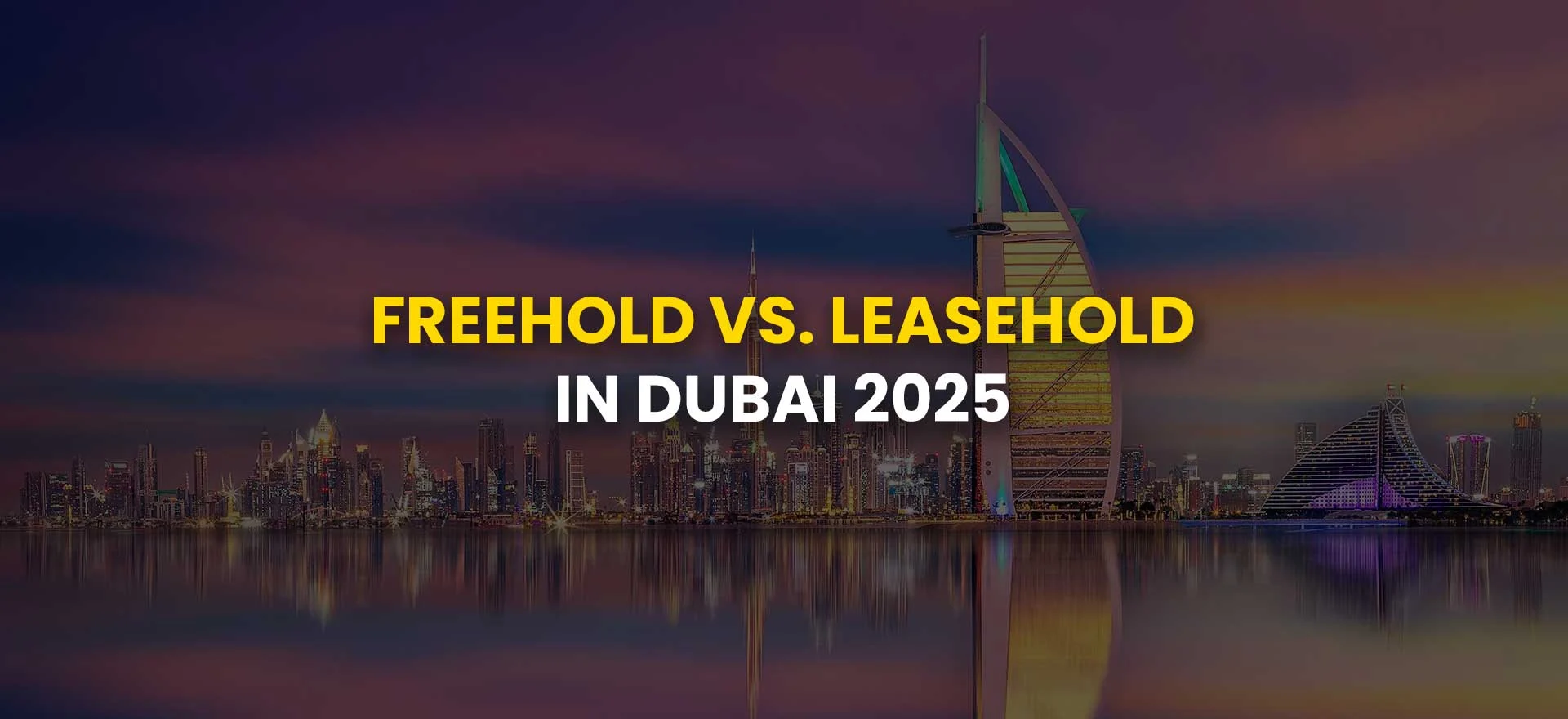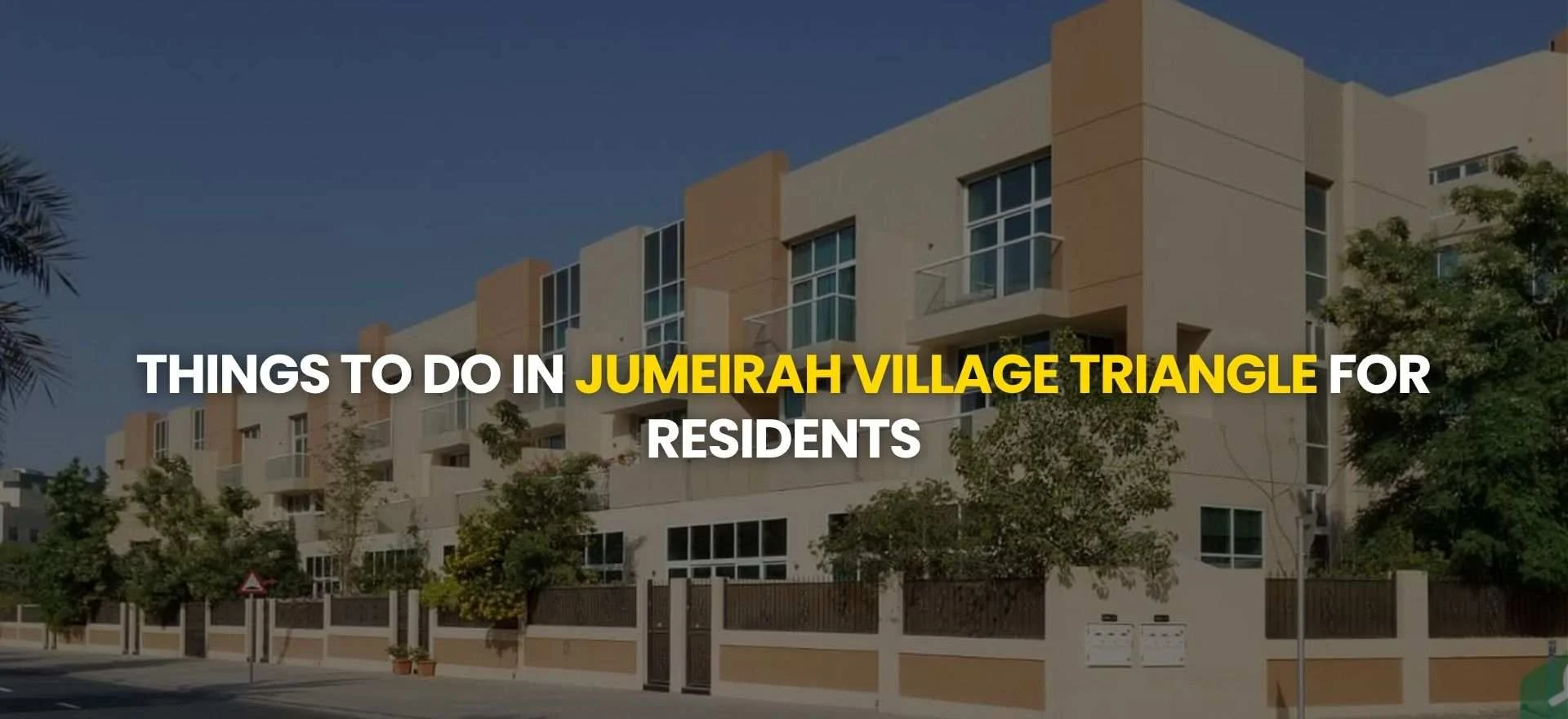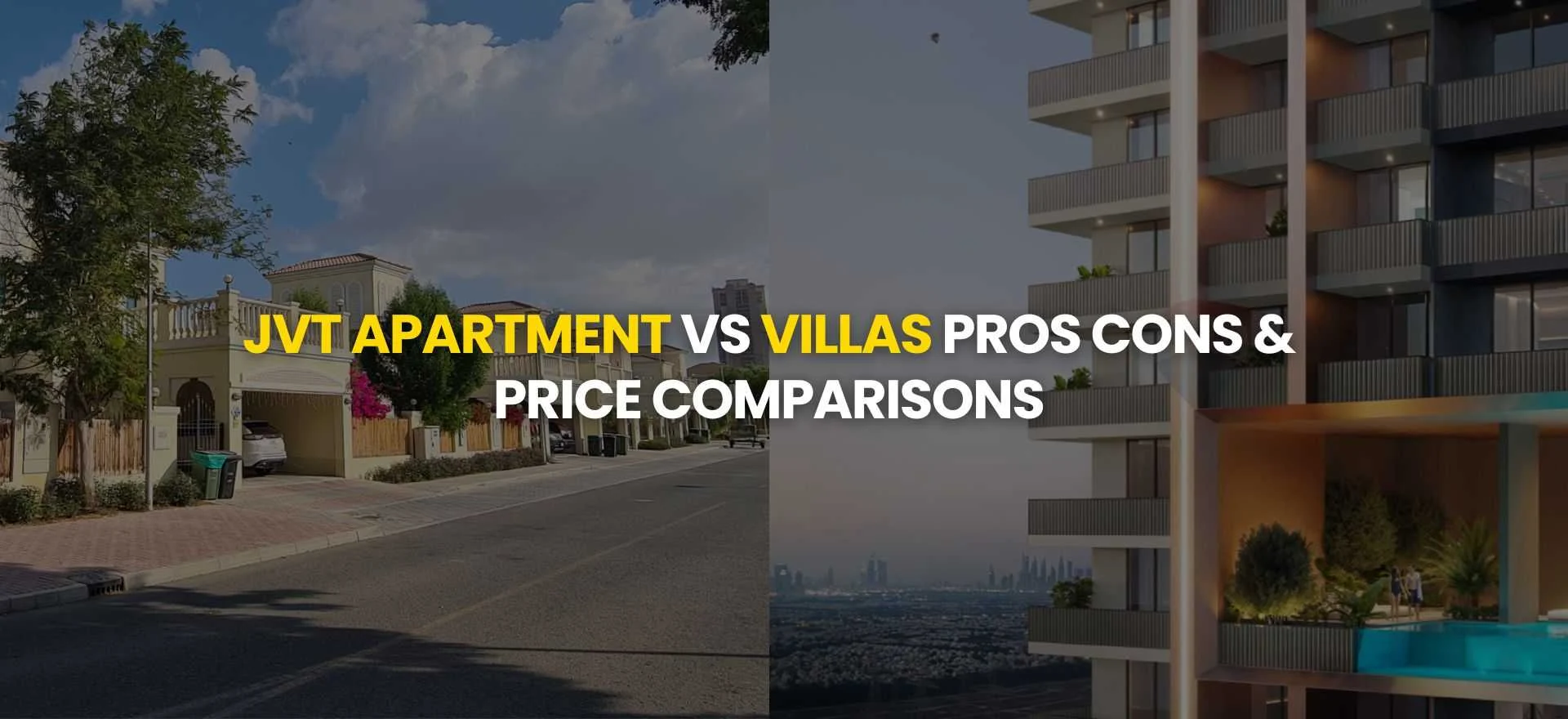It is Dubai that has turned hot for most investors around the globe. There’s going to be rapid growth and development in new areas in the city to give people varied options to invest, buy, or rent. The whole process of buying property may seem quite straightforward in Dubai; however, one should also understand the rules and regulations of the city and other regional specifics before making a decision. Every prospective buyer should know what Freehold vs. Leasehold actually is.
This guide will take you through the differences between freehold and leasehold ownership; which will help you in taking a well-informed decision regarding property purchase in Dubai.
What is Freehold vs. Leasehold in Dubai?
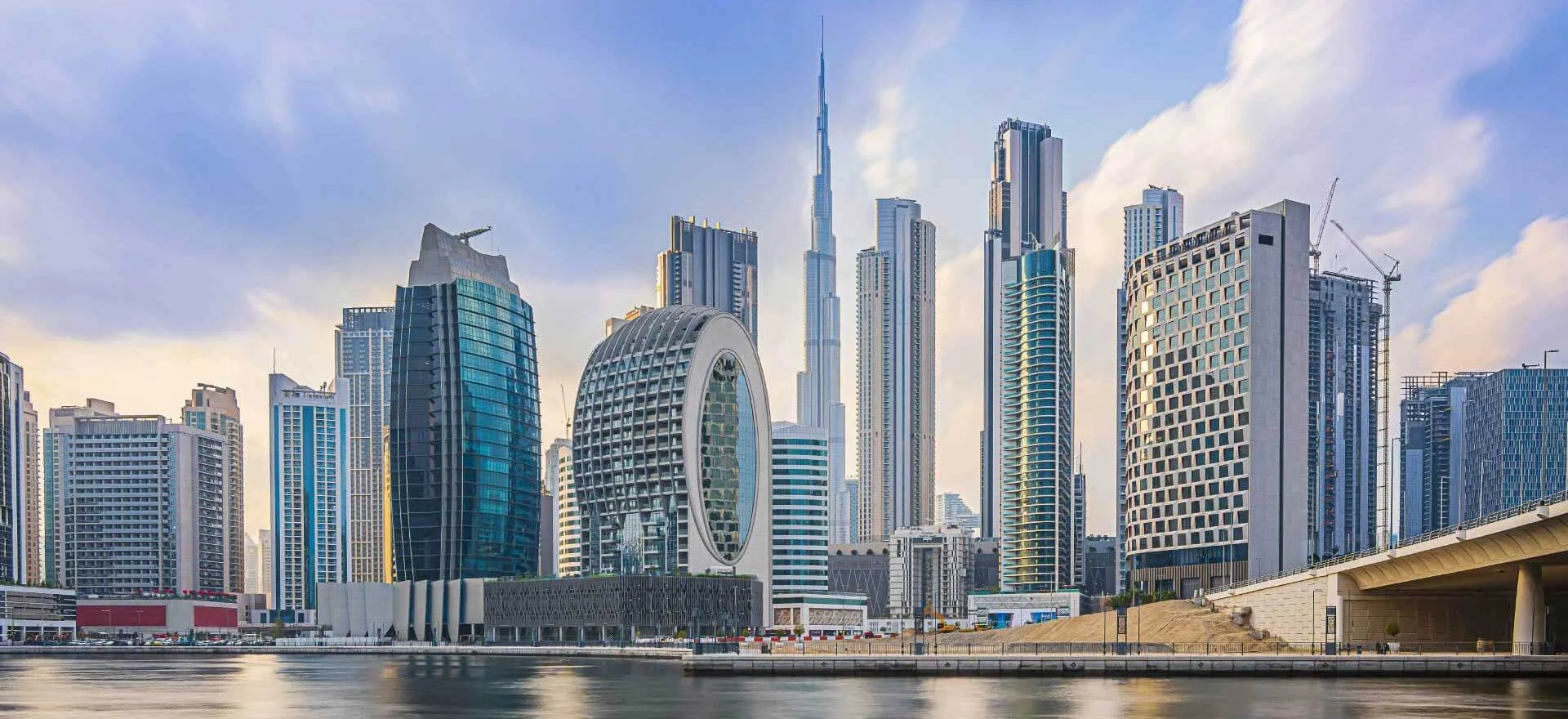
The basic point of contrast between both types of properties is the level of ownership and the time during which ownership can be held.
Freehold Ownership
On buying a property on a freehold basis, you become entitled to complete and permanent ownership of the property, in the sense, it denotes ownership of the property as well as the land on which the property lies. It denotes the property is fully owned and has full control over it, forever. With freehold ownership, you have more flexibility and rights, such as:
- The ability to sell the property whenever you choose.
- The freedom to rent out the property to others.
- The right to make modifications, renovations, or improvements (subject to local laws and the developer’s guidelines).
Leasehold Ownership
Buying leasehold property in Dubai is very different from owning leasehold property anywhere else in the world. A leasehold implies you have the right to use and occupy a property for a specific period, up to 99 years by and large. The fact is, you do not own the land where the property sits; that remains with the freeholder. You have the right to live in or rent out the property, yet the original owner owns the land.
Key Differences You Must Know

It is not just about the basic definitions of freehold and leasehold ownership; some other factor diversifies the two types of owning property:
1. Price Stability and Value
- Steadily, these properties are bound to appreciate in both their value and relevance since freehold is essentially both property and land, you own it forever. All these elements make freehold properties a credible long-term investment.
- Whereas a leasehold property would probably come at a lower price compared to the initial cost of freehold owing to its price feature; while, property owners need to be aware that later during the last years of leasing, the value of leasehold property is likely to decrease.
2. Ground Rent Implications
- Freehold ownership entails that there will be no ground rent required by you. Your property, along with the land it stands on, is fully yours.
- In respect of leasehold properties, it may be required that you pay ground rent to the freeholder. This would be a recurring payment to the ground owner for the land.
3. Location and Areas of Designation
- Freehold properties can go under purchase only in certain such localities known as freehold zones, which are specifically approved areas by the Dubai government for foreign nationals to buy.
- Leasehold properties, on the contrary, are generally limited to designated areas which fall under leasehold.
4. Inheritance and Future Planning
- Your property will be allocated to your heirs thanks to freehold ownership; thus, the investment is preserved for your family.
- Leasehold properties cannot be passed down to your heirs. In fact, once the lease period runs out, the property becomes re-acquired back by the freeholder; it means your family will not inherit the property at all.
5. Freedom to Make Changes to Property
- You are given more freedom in respect of alteration since you have a freehold property. Remodel as per your wish, renovate or redecorate, provided it does not go against any local building regulation and the guidelines of the developer.
- With leasehold properties, any significant changes usually require written permission from the freeholder.
The Advantages of Choosing Freehold Ownership
Many buyers in Dubai prefer freehold ownership for several reasons, including:
- Full Control: As an owner of freehold property, you enjoy complete freedom over your property. You can sell, rent or occupy freely without the approval of any person.
- Security for the future: You will pass on the property to your children or heirs, giving them long-term wealth and security.
- Appreciating Value: Freehold Properties usually appreciate over time; hence, these types of property become good long-term investments.
- Freedom of Customization: With freehold ownership, one can improve his property and change it according to their needs and preferences.
- Extensive Property Options: Freehold areas of Dubai include different properties from apartments to villas and townhouses, which can fall within all budgets and lifestyles.
Popular freehold areas in Dubai include:
- Palm Jumeirah
- Downtown Dubai
- Dubai Marina
- Dubai Hills Estate
- Arabian Ranches
- Jumeirah Village Circle (JVC)
The Advantages of Choosing Leasehold Ownership
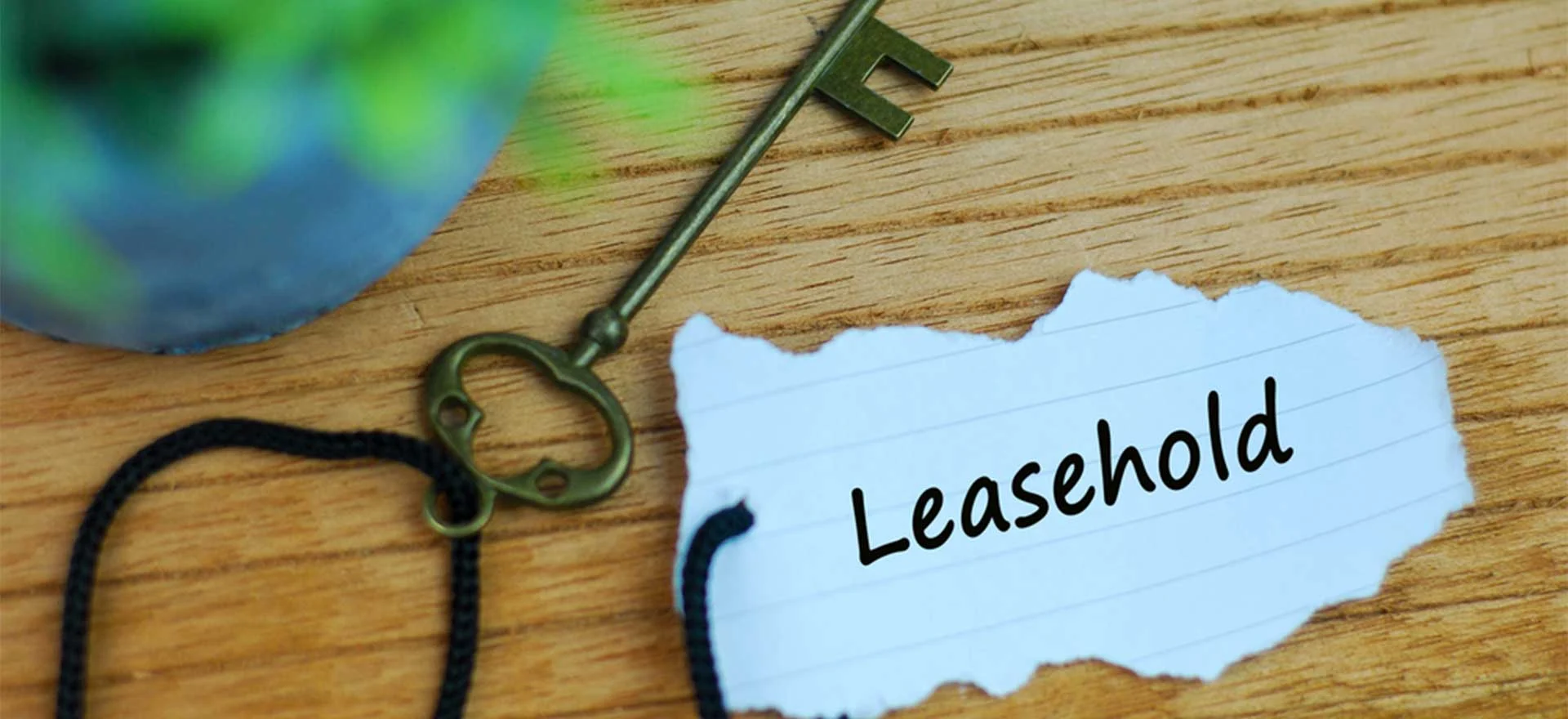
Despite the many benefits of freehold ownership, leasehold properties can be an ideal choice for specific buyers:
- Lower Initial Cost: Most Leasehold properties are less purchase price than freeholds. This makes them more accessible as an entry-level for investors or first-time buyers.
- Also Less Responsibility: Often leaseholders are not liable to pay for major repairs or maintenance of the building and common areas; this usually falls on the freeholder.
- Incentives from Developers: Some developers offer attractive incentives for leasehold property buyers, such as flexible payment plans or guaranteed rental income for a set period.
Popular leasehold areas in Dubai include:
- Al Barsha
- Umm Suqeim
- Mirdif
- Al Warqaa
- Dubai Silicon Oasis
- Green Community
Understanding the Legal Aspects of Freehold vs. Leasehold Dubai
Dubai has a property market with laws that are well known to everyone and which clearly define ownership rights in both freehold vs leasehold Dubai properties.
The Legal Framework Governing Freehold Properties
Dubai Law No. 7 of 2006, Article 4, freehold property ownership for Emiratis applies to GCC nationals and their freehold ownership rights in Dubai. Specifically, nationals of foreign countries will be able to own houses as freehold properties, which can be very carefully designed, but subject to the special zones.
The Restrictions and Conditions of Leasehold Ownership
In addition, there isn’t a separate legislation governing leasehold properties, and the Dubai Law No. 26 of 2007, the Dubai Tenancy Law, does apply in this regard. It concerns the relationship between landlords (freeholders) and tenants in lease agreements across the UAE.
Freehold and Leasehold Property Areas in Dubai
It can be very different in the setting of one’s property as far as lifestyle and earning potential are concerned. Some of the places considered hot in terms of freehold and leasehold properties include:
Popular Freehold Areas:
- Palm Jumeirah
- Downtown Dubai
- Dubai Marina
- Dubai Hills Estate
- Jumeirah Lake Towers (JLT)
Popular Leasehold Areas:
- Al Barsha
- Umm Suqeim
- Mirdif
- Al Warqaa
- Dubai Silicon Oasis
Conclusion
Freehold vs. Leasehold ownership in Dubai is a direct function of the individual’s requirement, financial capability, and future aspirations. With freehold ownership, there is complete control over the property, with greater chances of value appreciation, and one can will the property to one’s heirs. This is a good option for anyone interested in the long-term perspective of Dubai’s property market.
On the other hand, leasehold property is better suited for short-term stays or particular investment considerations since it is usually the less expensive option. While the differences are becoming clearer in the minds of buyers, they are better equipped to make the right decisions in Dubai’s uniquely vibrant and diverse property market.

